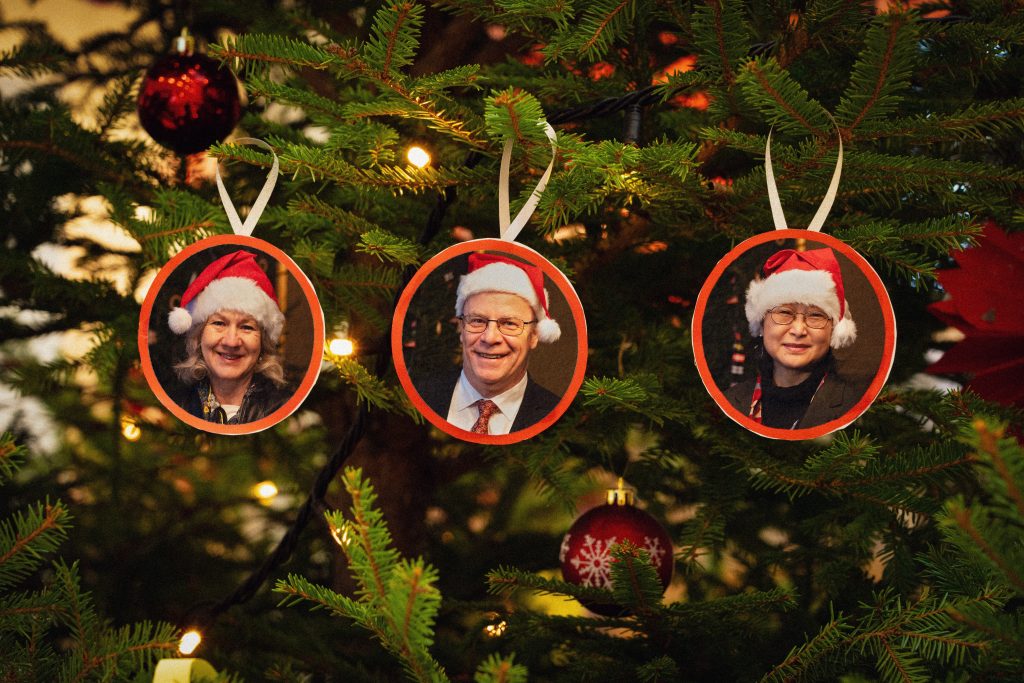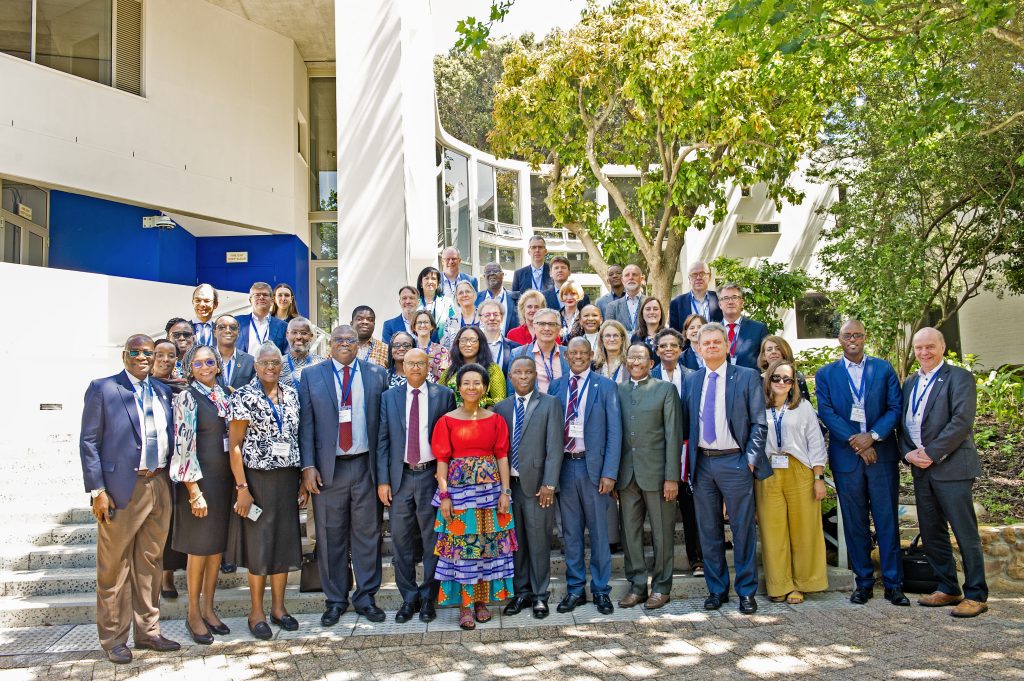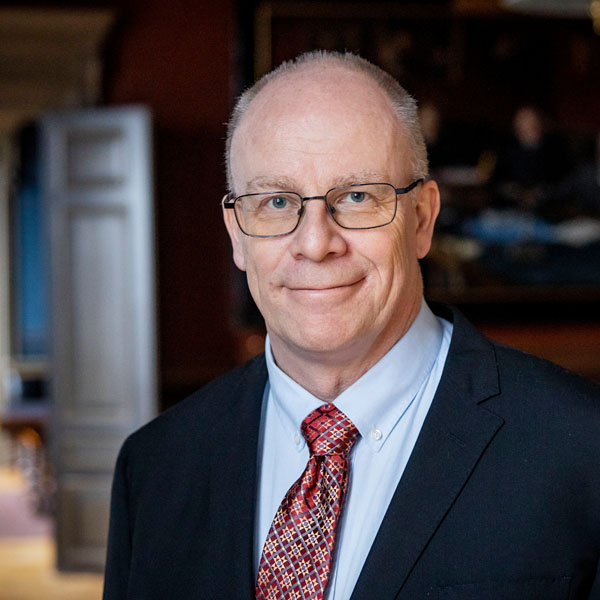The autumn is over, winter is here, Lucia has come and gone, Christmas and New Year will soon be upon us. Time flies when you’re having fun, as they say, and looking back on the past year it has unquestionably been an exciting year full of developments and events at our broad University.
It started in a rather unfamiliar way in the aftermath of the pandemic. We were suddenly able to do all those things that had been impossible for so long. Our talented and ambitious students could return to their studies on campus and to the rich student life traditionally on offer at Uppsala University. At last we could celebrate 30 April and never have so many thronged to Carolina Hill. It was wonderful to be able to meet up, though people’s expectations of the new normal inevitably varied. Many have continued to work from home some days, others are back on site full-time. We have also started to travel again, but have learned that electronic tools mean we often don’t have to. The threat of climate change looms and as a University we have an important role to play, through education and research. At the same time, political developments give cause for concern. Russia’s war against Ukraine is constantly on our minds and calls for our attention and commitment. Change can come abruptly on the playing field of life.
Here on our home turf we have done many interesting and important things. For example, we have inaugurated the Alva Myrdal Centre, New Ångström, the Precision Medicine Centre Uppsala, HERO, and Democracy and Higher Education. We have celebrated the heritage of Celsius and Skytte and resumed the observance of Rudbeck Day, conferred doctoral degrees and inaugurated professors, created several new competence centres, continued to build on our strengths and discussed the future – from visions to practice. The analysis of Campus Gotland’s future role in the region and within our University has been completed. Now it’s time for us to consider and put visions and plans into practice.
In recent weeks, we have had distinguished visitors in the shape of Nobel laureates. We had the privilege of three days of lectures of the highest calibre from international leaders in their fields. Visitors flocked in particular to the lecture by our alumnus Svante Pääbo on Saint Lucia’s Day.
Summing up, we can safely say we’ve been busy and a glance at the calendar reveals that next year looks set to follow a similar pattern. We will have to wait and see how things turn out, but with the present already rushing into the future, it will be up to us to make the best of whatever comes.
We are full of confidence, knowing what a fantastic University we work at. It is fascinating and inspiring to realise what we can achieve by everyone’s combined efforts – students and staff together.
We meet again in 2023, with renewed energy. Until then, look after yourselves!
Anders Hagberg, Vice-Chancellor
Coco Norén, Deputy Vice-Chancellor
Caroline Sjöberg, University Director



